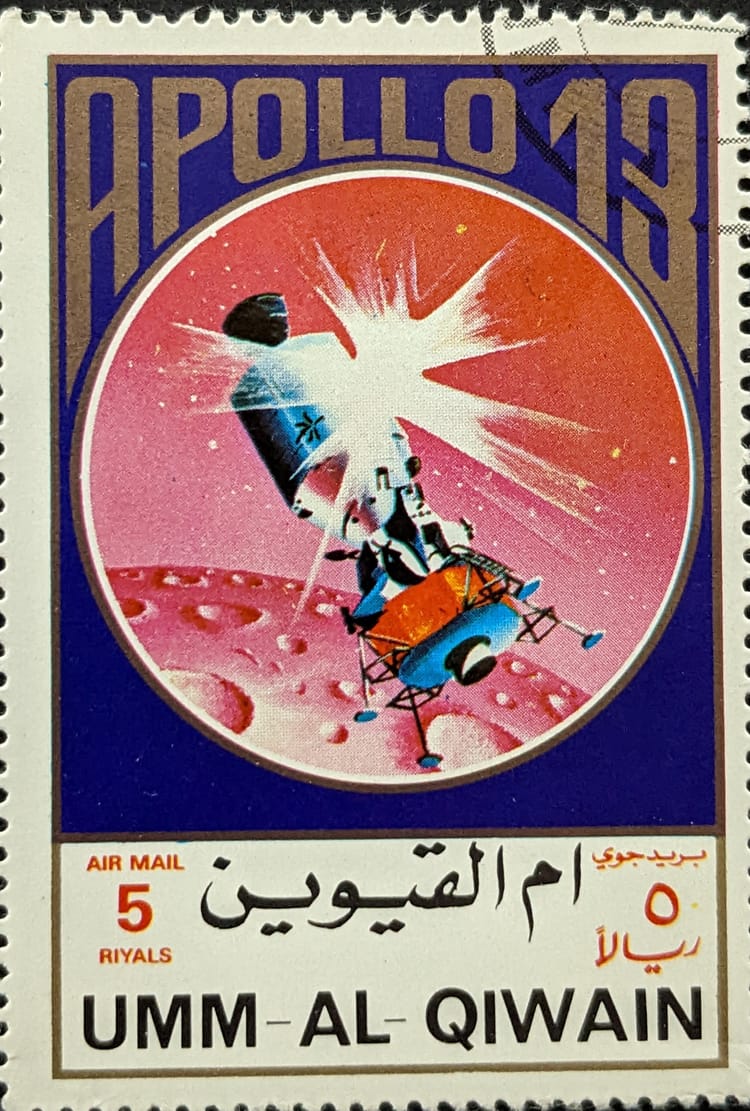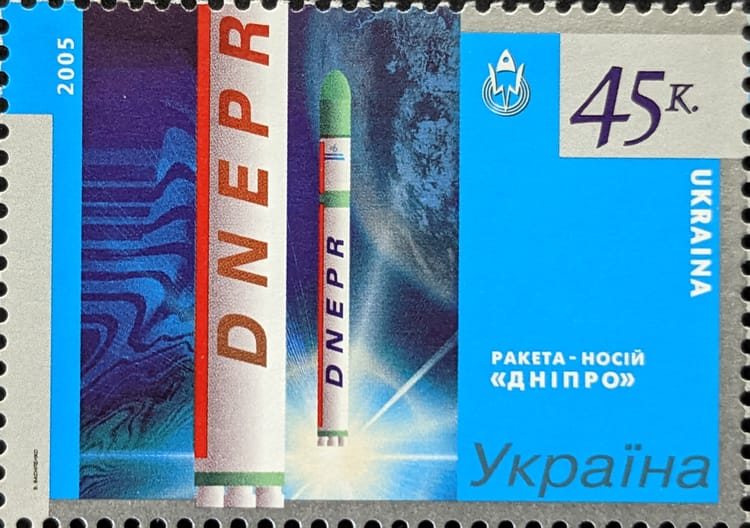Global Space Launch Industry: Differing Answers to a Global Pandemic

As much as space industry proponents bring up examples of positive impacts of space technology and services on humans on Earth, the current global pandemic is a grave reminder that it doesn't take much to disrupt the space sector.
Let's look at some industry examples.
Stories about the reactions of space-focused companies and organizations to COVID-19 kept emerging throughout the weekend. Most reactions involved the following concepts: pushing forward, telework, isolation, or closures. While the workforces for launch service providers around the world face a common threat, responses to the threat by those providers are far from united. The latest announcements came from France’s Arianespace launch service provider and Russia’s space agency, Roscosmos.
Targeted Turn-Aways
Russia is still conducting launch operations, launching a navigation satellite on Monday. Roscosmos' announcement, however, is focused on the next launch and highlights more of who Russia would prefer not to have within, or close to, its borders: reporters.
"Roscosmos State Corporation informs mass media representatives having requested accreditation for the Soyuz MS-16 crewed spacecraft launch about the cancellation of the mass media attendance at the Baikonur Cosmodrome.The restrictions are introduced because of the complications to the epidemiological situation and the decisions of the Kazakhstan Republic authorities to introduce the state of emergency as part of the measures to prevent spreading of the new coronavirus."
The launch, about 3-4 weeks from now on April 9, will occur from Kazakhstan (AKA, middle of nowhere). The site is not only where Russia currently launches most of its orbital rockets from, but it’s also full of space history. Practically speaking, perhaps no outsiders, but “mass media representatives” typically attend launches from Kazakhstan? Still, it’s odd that Roscosmos focused on the media and didn’t just ban any kind of visits from the public outright--which would have been acceptable in light of COVID-19 reactions from nations, companies, and organizations around the world.
While some may view reporters as vermin, they are not the only potential COVID-19 carriers.
Event Suspensions and Isolation Attempts
Arianespace, on the other hand, tackled the COVID-19 issue in a less targeted fashion: it postponed launches outright from its launch center in Kourou, French Guiana:
"Because of the Covid-19 pandemic, and the need to fully implement the measures decided by the French government, launch campaigns underway at the Guiana Space Center (CSG) in French Guiana have been suspended.These launch preparations will resume as soon as allowed by health conditions."
This announcement is in line with the other ways France is attempting to fight back against COVID-19, including no gatherings of 100 people or more (at least as of writing this sentence on March 16), advising against the “double-cheek” kiss, closing shops and museums, etc.
Suspending launch operations at CSG in French Guiana may prove to be simpler than attempting to keep Parisians off city streets and away from shopping centers and restaurants. Whether the closure works or not, it will impact Arianespace’s operations. The European launch service provider already maintains a leisurely annual launch rate from CSG--around 11 launches per year. Depending on the duration of the company’s measures, one launch--maybe two--may end up launching next year instead of 2020. With traditional space companies, however, the attitude towards scheduled events “moving to the right” is one of resigned acceptance, an inevitable part of the space business.
What, Me Worry?
American launch companies have not announced their COVID-19 responses. SpaceX is supposed to be launching another 60 Starlink satellites on March 18. United Launch Alliance (ULA) plans to launch a military communications satellite eight days later. Rocket Lab also plans to launch on March 26. Neither Rocket Lab nor ULA has mentioned the possibility of postponement. SpaceX’s founder, Elon Musk, indicated on Twitter where his company perhaps stands regarding its response to COVID-19:

His tweet might be right. But it might also be a case of bad judgment.
None of the U.S. launches may need that many people to work close to each other during a launch. Operations floors might be able to be reconfigured. Maybe even specific monitoring controls can be networked out. However, a certain number of people need to be on-site to get the rockets ready for launch and then to launch them. But no U.S. company has adopted, or even mentioned, the equivalent Arianespace’s launch suspension plan.
Note the U.S. launch service providers’ approaches appear to mimic the initial uncertain steps for responding to COVID-19 displayed by U.S. civil authorities. As with the federal government, perhaps some of the launch service providers will belatedly take steps to minimize the chances for COVID-19 exposure among their employees.
Another nation that appeared to embrace continued launch operations during the pandemic is China. On the morning of March 16, the China Aerospace Science and Technology Corp. (CASC) launched a Long March 7 (which failed) from the Wenchang Satellite Launch Center on the island of Hainan. While not connected with COVID-19, the LM-7 failure will certainly move launches from Wenchang to the right as engineers and managers investigate the failure.
The Kobayashi Maru Scenario?
There seems to be a mix of approaches for dealing with COVID-19 among the launch service providers, from appearing to not worry about it, to worrying about it enough to suspend operations. Roscosmos' focus on the media might make sense, but why not just enforce a "nobody gets in" policy instead? Most of the different approaches can be explained.
Europe is getting walloped by COVID-19, so much so that it makes sense for Arianespace to shut operations down until it all blows over. Of course, doing so means Arianespace is potentially losing business--which the Americans appear eager to gain.
Commercial- and military-focused launch operations in the United States don't appear to be worried about COVID-19. The United States government is beginning to take it seriously, but its messaging was a mess. The lack of clarity and guidance may have encouraged some folks, including those working in the U.S. launch service industry, to give little credence to COVID-19. That is likely to change. When it does, launch in the U.S. will come to a standstill for a month or so (except quite possibly for national security payloads). Everybody loses business and money.
China's launch activity is harder to figure out (as is usual). Is the Monday LM-7 launch attempt a sign of China's conviction that it no longer has to worry about COVID-19? Or is it a case of "the mission must go on?" What is apparent is that there is no suspension of orbital rocket launches from China.
It may be that Arianespace is taking the appropriate action (it seems right), and that other launch service providers eventually follow its lead. Unfortunately, such action may take time and suffering before other launch service providers come around and follow Arianespace. Fortunately, the U.S. has a robust litigation industry, which won't help bring back lost loved ones, but could help in setting examples for what not to do.
It's afternoon on Tuesday, and I just saw this SpaceNews post about Blue Origin's work while maintaining awareness of the happenings with COVID-19. I imagine other U.S. companies such as ULA, Northrop Grumman, SpaceX, etc. are doing similar things (although they appear to be very quiet about it).




Comments ()